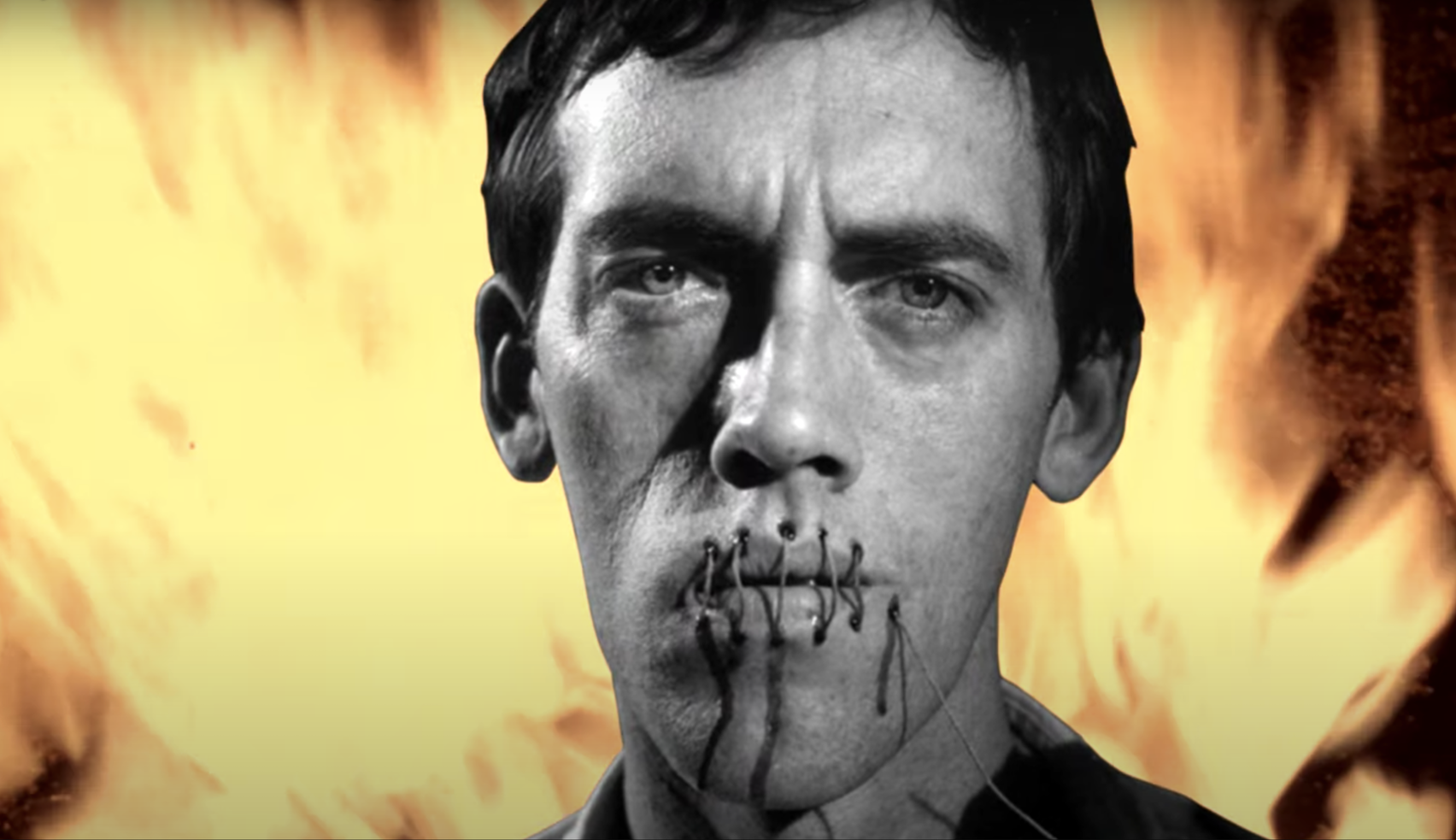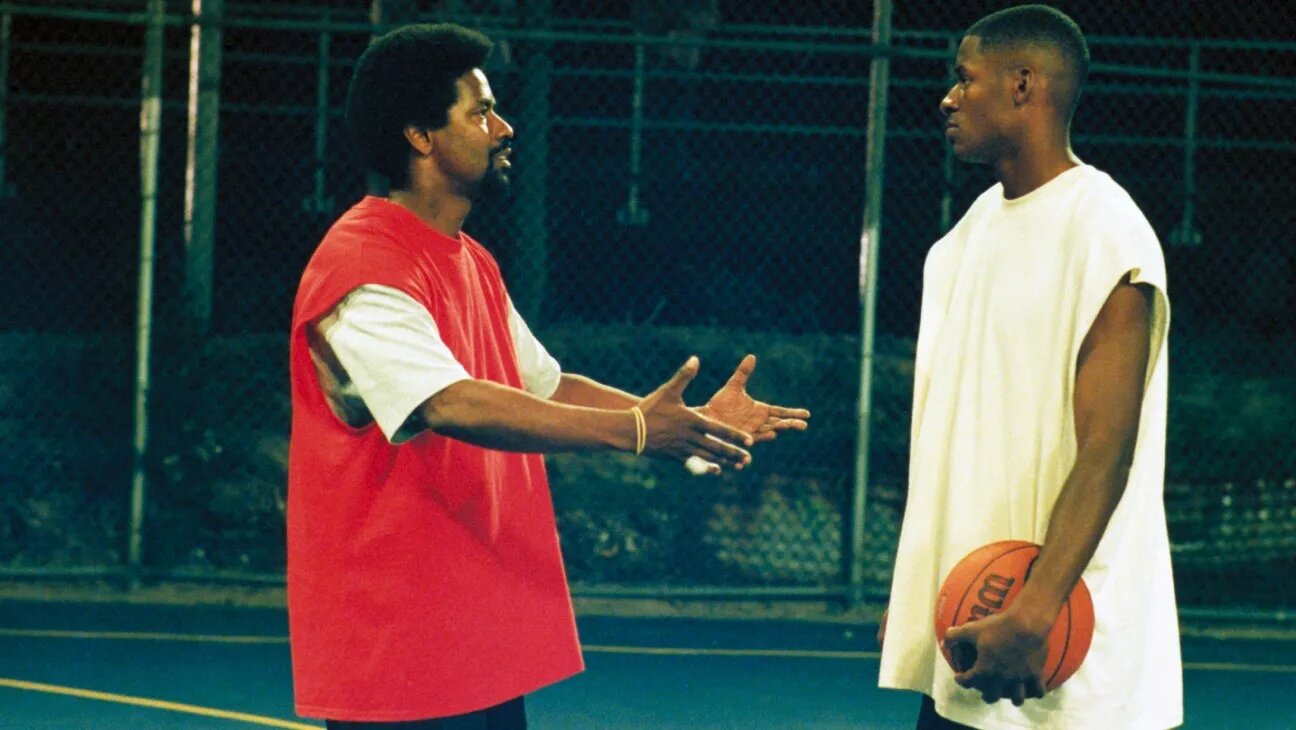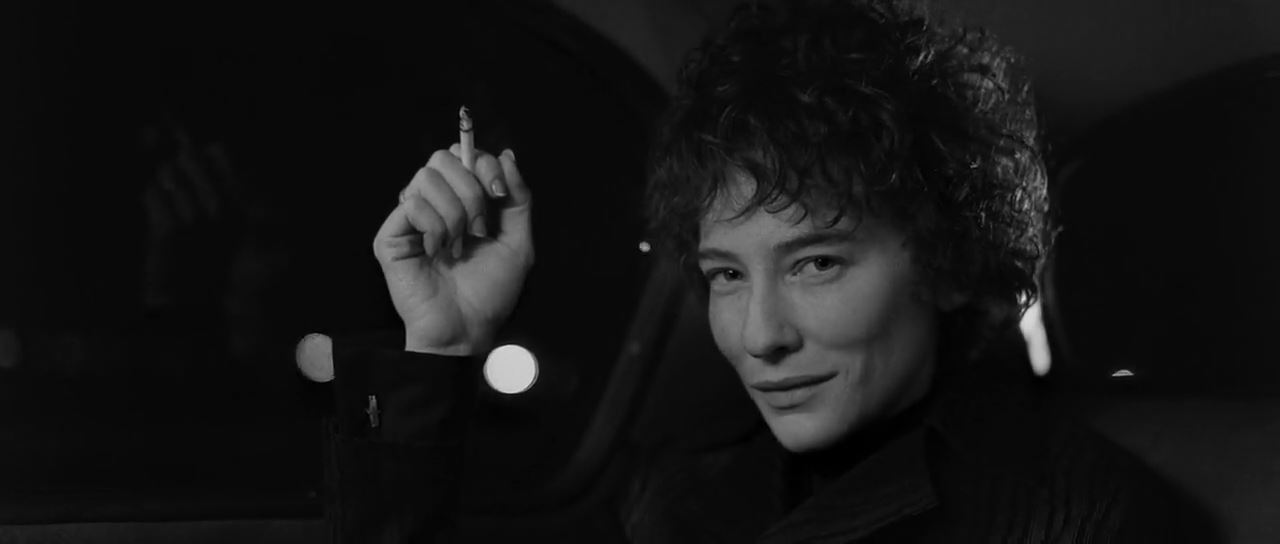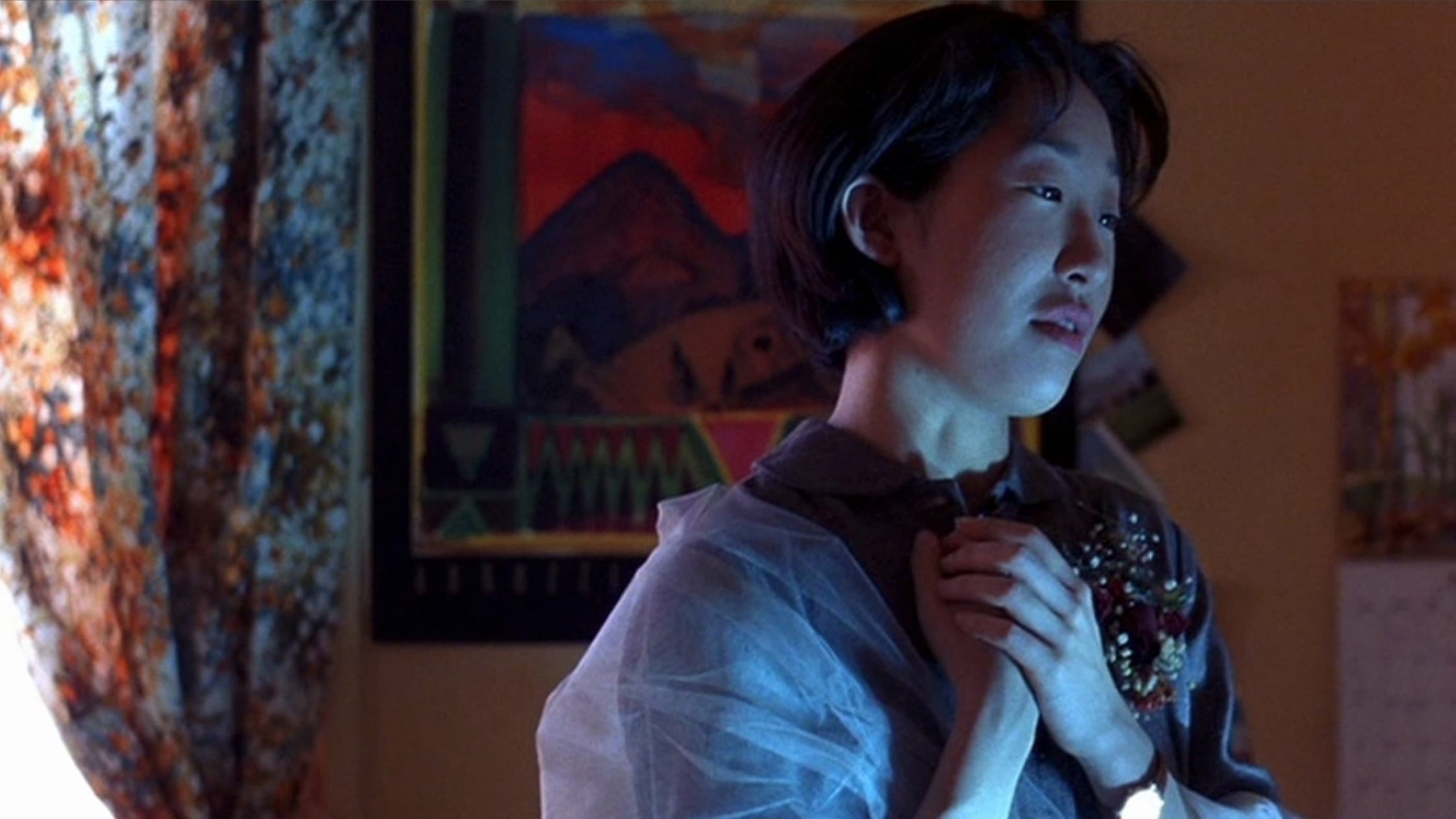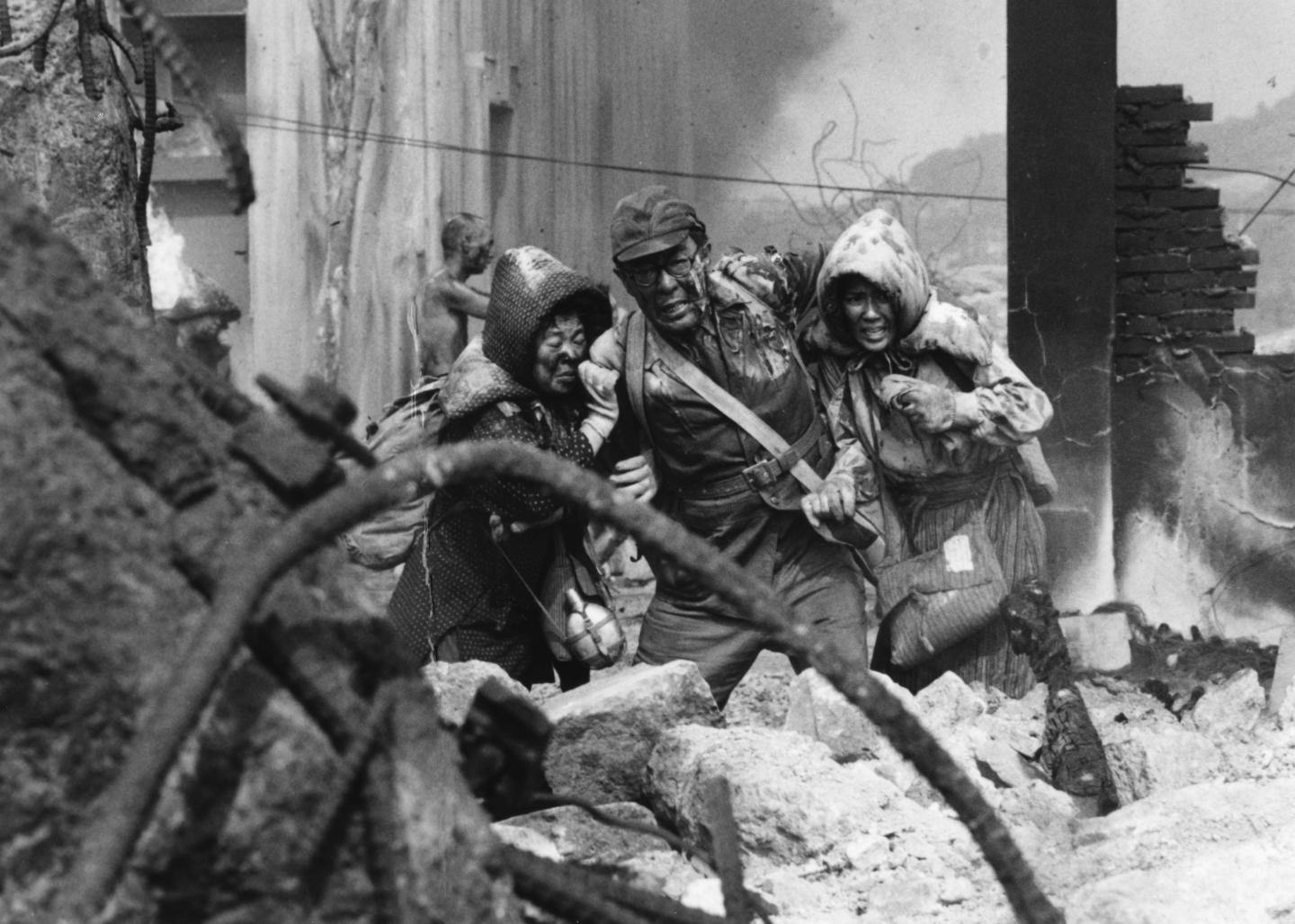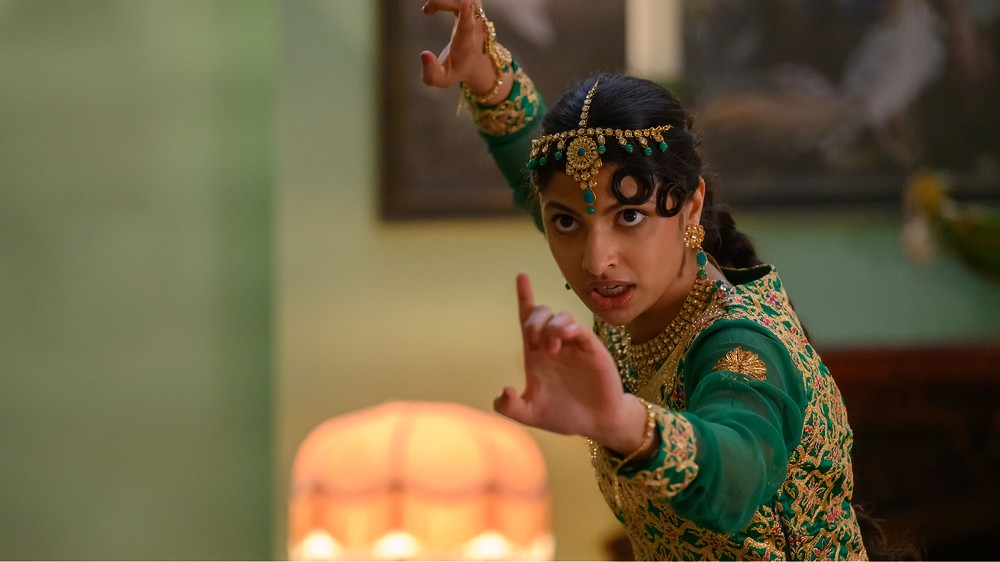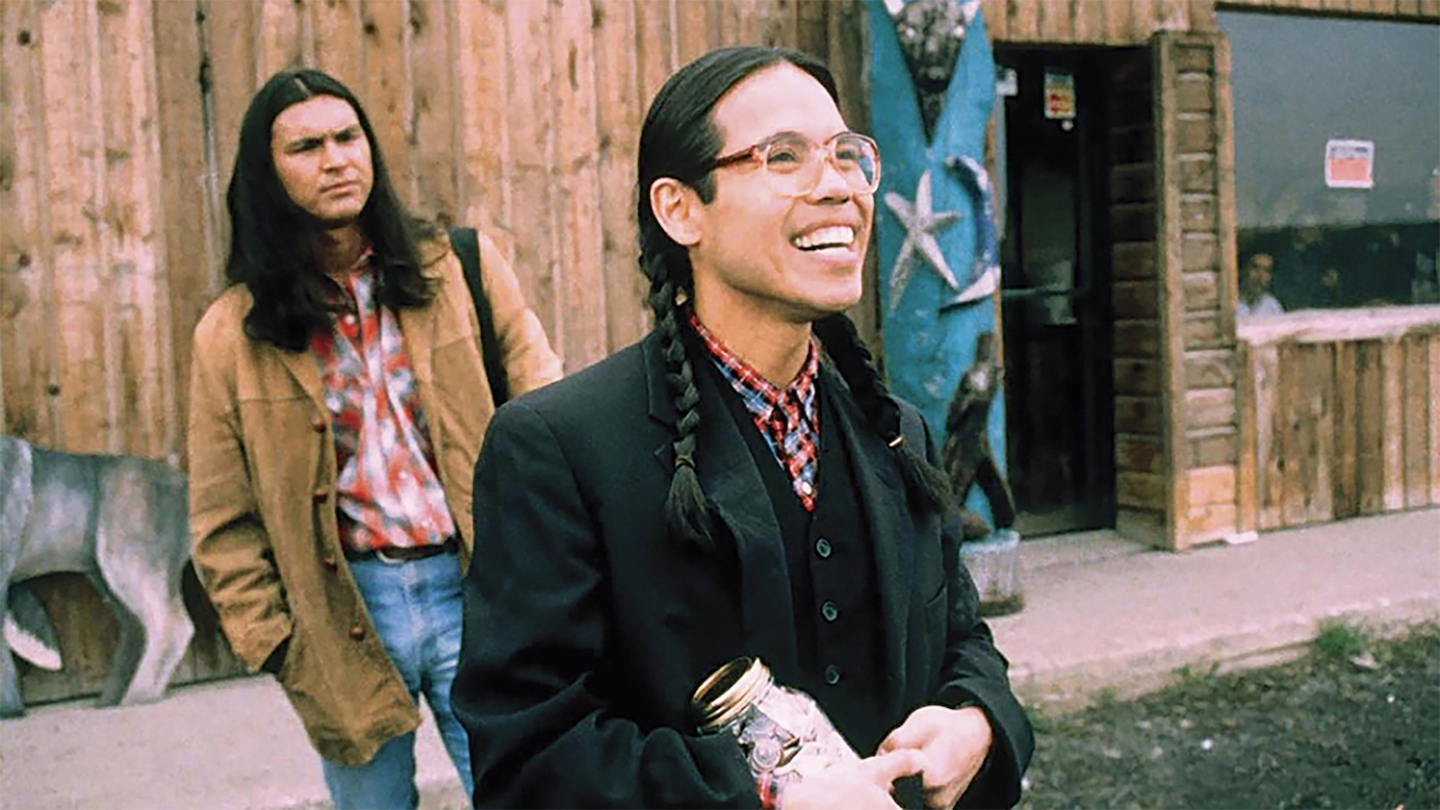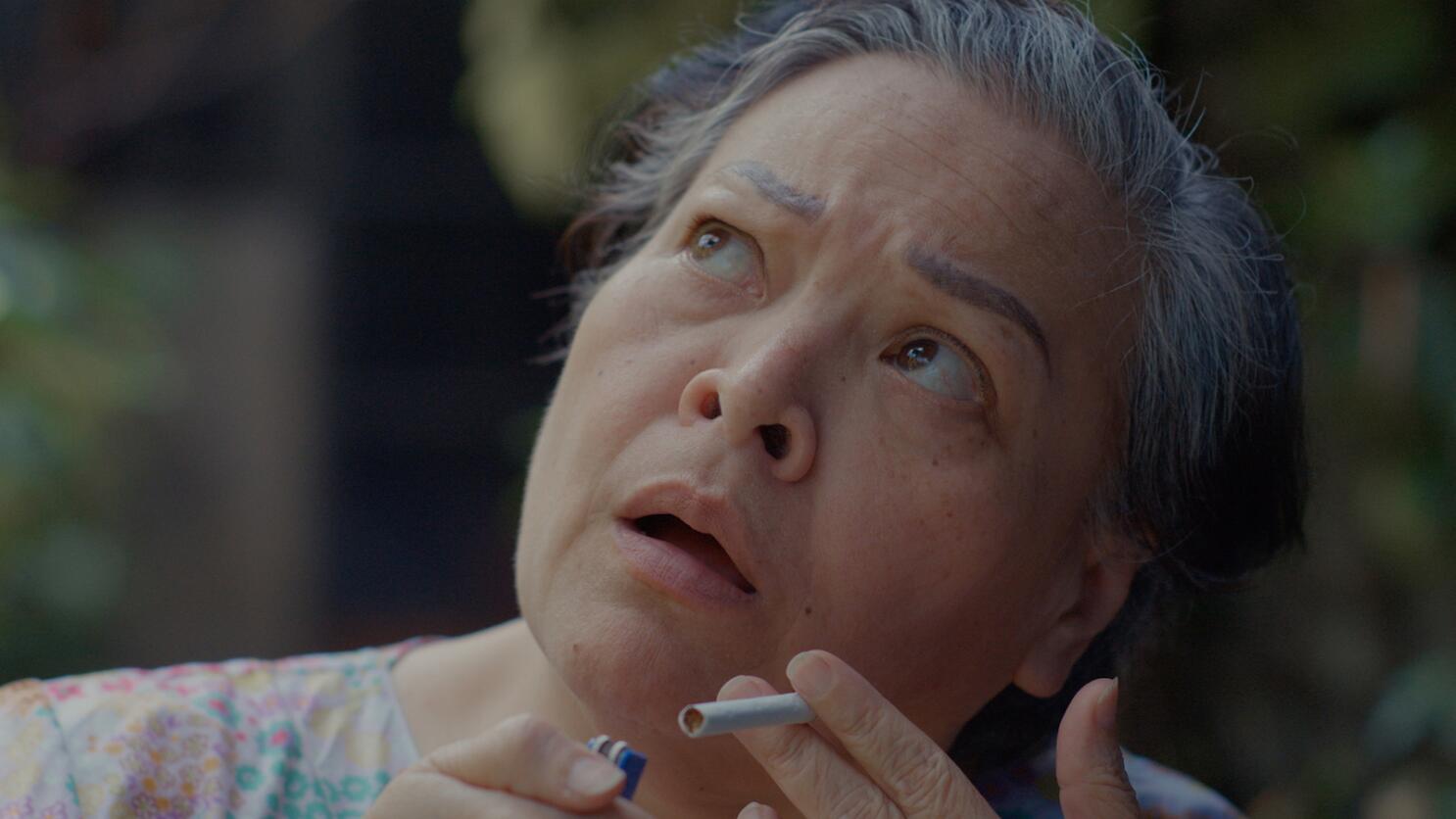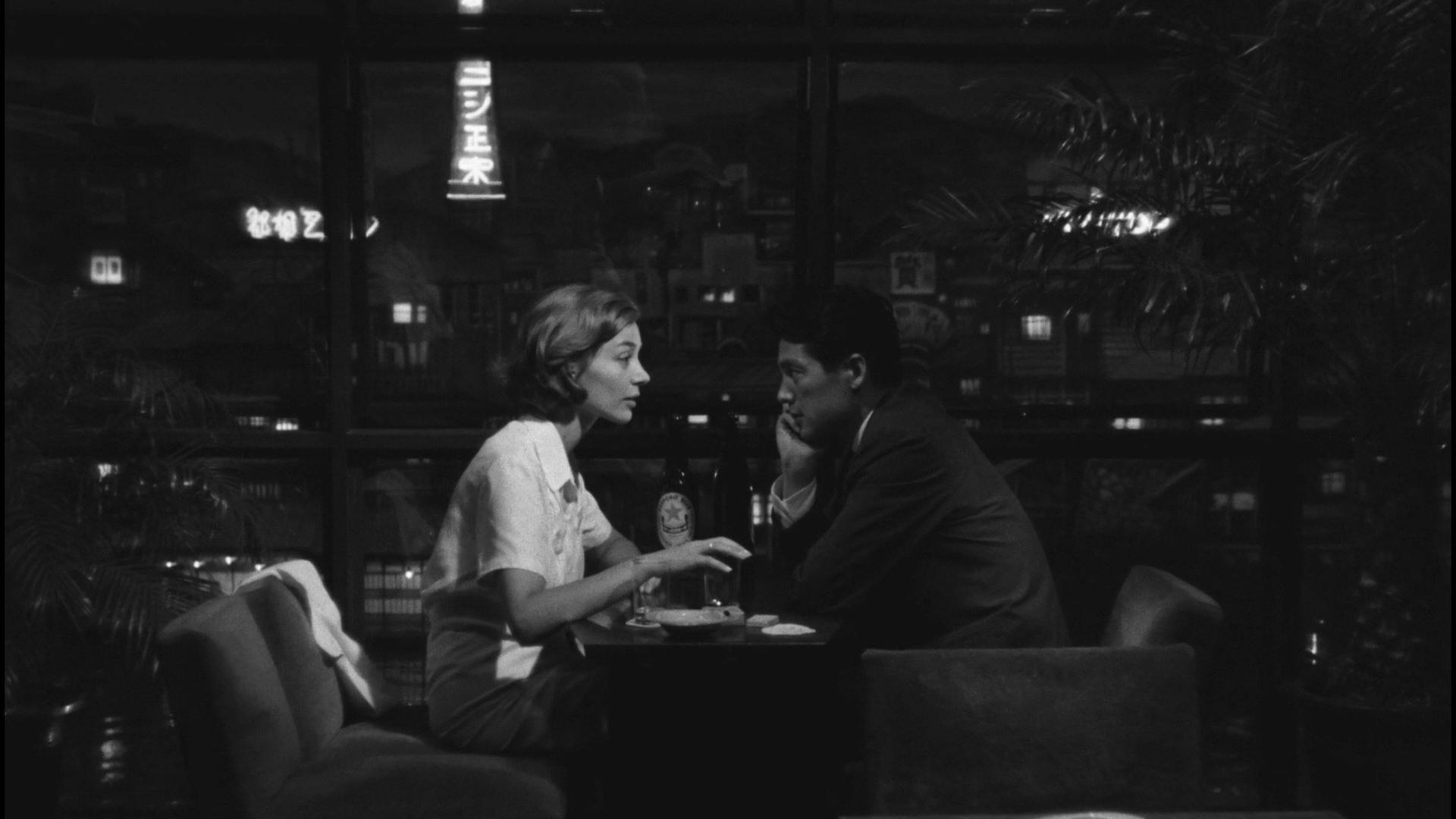
40 Unique Amazon Prime Movies to Watch Now
March 26, 2025
Share:
Nothing is ever truly original anymore, least of all in cinema—where filmmakers are constantly inspired by each other and proudly pay homage to earlier works. But there can be a point when movies begin to feel safe and same-y, especially if you’re streaming, buying, and renting from a service with as wide a library as Amazon Prime. So we at agoodmovietowatch have put together a list of films that aren’t only underseen by general audiences but can actually serve as a reminder of what movies can accomplish if filmmakers really think outside the box, while still honoring the greats before them.
Read also:
31. Wojnarowicz (2021)
Genres
Director
Actors
Moods
Even a straightforward documentary on the New York East Village visual artist David Wonjarowicz (pronounced VOY-nuh-ROH-vitch) would be thrilling, given the energy and the irreverence of his artworks especially during the AIDS epidemic from the 1980s to the 1990s. But director Chris McKim goes above and beyond, essentially imagining how Wojnarowicz would have directed his own film. McKim treats the movie like a collage in itself, expertly blending footage and sound together not just to capture the artist’s fury, but to remember how deeply he loved, transcending space and sickness. As an account of the underground New York art scene at the time, a profile on a supposed enfant terrible, and a tribute to all those who lost their lives to a disease accelerated by discrimination, Wojnarowicz is a beautiful, complex tapestry.
32. He Got Game (1998)
Genres
Director
Actors
Moods
There’s a vein of reality running through He Got Game that gives this Spike Lee joint a sense of pulsating immediacy. For one, the young basketball prodigy at its center is played by real-life pro Ray Allen, who shot the movie during the sport’s off-season period in 1997. The film also draws on a host of other ballers and ancillary figures — including coaches and commentators — to fully convince us of the hype around Jesus Shuttlesworth (Allen), a Coney Island high-schooler who’s been crowned America’s top college draft pick.
Lee takes this premise to much more interesting places than sports movies usually go. The plot is a melodrama of sorts, in which Jesus’ incarcerated father Jake (a top-tier Denzel Washington) must convince his son to declare for the governor’s alma mater in exchange for a reduced sentence. The pair are estranged — Jake is in prison for the death of Jesus’ mother — making this as much a tense examination of family and forgiveness as it is a sports movie. And what a sports movie it is: Lee makes his love of basketball not just abundantly clear but also infectious, opening the film on soaring, balletic images of the sport that suggest it’s no mere game, but something unifying, artistic, and ultimately salvatory.
33. I’m Not There (2007)
Genres
Director
Actors
Moods
I’m Not There is an unusual biopic in that it never refers to its subject, Bob Dylan, by name. Instead, Todd Haynes’ portrait of the singer mimics his constant reinvention by casting six separate actors to play as many reincarnations of the same soul. It’s an ingenious spin on a usually stale genre, one that liberates the film from the humdrum restrictions of a literal retelling of Dylan’s life.
If there’s anyone who warrants such an inventive approach to biography, it’s Dylan, whose public and private personas are so numerous that it’s only by angling six different mirrors at him that Haynes can hope to catch some of his essence. Impressionistic editing toggles freely between these vignettes, each visually distinct: from the 11-year-old Woody Guthrie-obsessive (Marcus Carl Franklin) and the black-and-white Super 16mm-shot poet (Ben Whishaw) to the aging cowboy outlaw (Richard Gere), all by way of Christian Bale, Heath Ledger, and Cate Blanchett’s incarnations. To be sure, this is a somewhat challenging film, reflecting, in places, the enigmatic surrealism of Dylan’s lyrics and his refusal to be pinned down to one thing. But, as Blanchett’s embodiment says, “Mystery is a traditional fact,” and that’s no more true than of Dylan, making Haynes’ film a fascinatingly fitting spiritual biopic.
34. Double Happiness (1994)
Genres
Director
Actors
Moods
Sandra Oh earned her breakout in this warm, candid Canadian indie, which — not uncoincidentally — shares its name with that of a decorative Chinese symbol associated with marriage. The movie’s title is also a reference to 22-year-old Jade Li’s (Oh) struggle to pursue her own ambitions and meet the clashing romantic and professional expectations her disapproving first-generation immigrant parents have for her. As she puts it, “Double happiness is when you make yourself happy and everyone else happy, too.”
An aspiring actress who dreams of playing Blanche DuBois, Jade is instead asked by unimaginative casting directors to adopt a pronounced Chinese accent for tiny bit parts. In essence, she’s typecast everywhere: on set, and at home, where she struggles to play the good daughter who’ll give up acting for a more conventional job and will only marry a man her parents approve of. It’s a jarring existence, but Double Happiness never feels claustrophobic because it gives Jade the freedom to finally be herself via witty, confessional monologues and fantasy sequences. There’s undoubtedly bittersweetness to this portrait of a young woman fighting to be herself on every front, but that it’s nevertheless such an irresistibly charming, never-flippant watch is a testament to first-time director Mina Shum and Oh’s already mature talents.
35. Black Rain (1989)
Genres
Director
Actors
Moods
Not to be confused with the American cop thriller with the same name, Shōhei Imamura’s Black Rain is about the atomic bomb, but it’s not really concerned about nuclear warfare. Sure, the film opens with gruesome shots of the day the bomb dropped, not sparing the viewers from the gore and the titular nuclear fallout, that in black and white looks the same. And yes, much of the conflict occurs because of the lingering effects of the radiation. However, Imamura is much more concerned with the way Japanese society had tried to deal with it through going back to tradition– through going through the motions of matchmaking and propriety and social status and through excluding those who suffered directly from the bomb. Black Rain has a singular perspective, one that stands out due to the country’s denial of war crimes.
36. Hiroshima Mon Amour (1959)
Genres
Director
Actors
Moods
While initially commissioned to be an atomic bomb documentary, Hiroshima Mon Amour became something entirely different. For starters, it’s not a documentary, with director Alain Resnais recruiting author Marguerite Duras to write the screenplay, but it was pretty unusual for a narrative film at the time. It’s a love story, yes, but with such a poetic introduction of the two lovers going back and forth about what they know and don’t know about the bomb, pairing their discussion with archival footage and captivating scoring, Resnais created a new, non-linear cryptic style to capture how memory, grief, and loss irrevocably shaped a generation. Hiroshima Mon Amour was an unexpected shift, eventually becoming one of the most influential films of the French New Wave movement.
37. Polite Society (2023)
Genres
Director
Actors
Moods
Kill Bill meets Bend It Like Beckham in this wild ride about a martial arts-obsessed British-Pakistani teenager who views her older sister’s impending marriage as a catastrophe to be averted at all costs. Aspiring stuntwoman Ria (Priya Kansara) can’t stomach the idea of free-spirited Lena (Ritu Arya) giving up on her creative dreams to marry a nauseatingly perfect man — not least because art school dropout Lena is her hero for refusing to conform to their community’s traditional ideas about respectability and success.
Polite Society makes room to sensitively explore Ria’s disappointment and the loneliness of rebellion, but writer-director Nida Manzoor doesn’t stop there, throwing in a sharp allegory disguised as a zany twist. Rather than upending our expectations for upending’s sake, the surprise metaphor refigures the movie as perceptive cultural commentary on the age-old devaluation of women as mere vessels for the next generation. What’s more, Manzoor takes the analogy full circle to thoughtfully imagine how this kind of dehumanizing misogyny might have affected previous generations, suggesting that the real villains lie offscreen. Movies as inventive and intelligent as this don’t come around often, but one that’s this funny, visually bold, unabashedly feminist, and full of stars-in-the-making is rarer still.
38. Smoke Signals (1998)
Genres
Director
Actors
Moods
To Hollywood’s shame, it wasn’t until 1998 that a major feature made by Native American filmmakers was released. It was this charming indie gem that belatedly broke that new ground: based on author Sherman Alexie’s The Lone Ranger and Tonto Fistfight in Heaven, Smoke Signals retains the irreverent humor hinted at in its source material’s title while also being a genuinely heartfelt drama. Set across two cleverly interweaving timelines, it follows the fraught relationship between Victor and Thomas, two young men living on Idaho’s Coeur d’Alene Reservation who are forever linked by tragedy: as a baby, Thomas was saved from the house fire that killed his parents by Victor’s father Arnold (a great Gary Farmer), who soon spiraled into alcoholism and abandoned his young son. When Arnold dies suddenly, then, the duo embark on a perspective-changing road trip to collect his ashes.
Thomas’ nerdy earnestness and happy-go-lucky personality have always gotten on the nerves of the stoic Victor — who’s eaten up by resentment at his father for leaving — but the trip brings the disparate duo together. Though the movie honors their meaningful journey with a serious dramatic focus, it’s also shot through with sharp humor satirizing clichés about Native American people — a tonal complexity that makes it uncommonly accomplished, even without the added value of its all-too-rare perspective.
39. Leonor Will Never Die (2022)
Genres
Director
Actors
Moods
At times looking and sounding like a real Filipino action film from 50 years ago, while painstakingly edited to juggle storylines across several realities, Leonor Will Never Die is worth seeing for its originality and ambition alone. Among so many other films that function as sanitized “love letters to cinema,” this one bears the distinction of still feeling charmingly scrappy and improvised even with how meticulously it’s crafted. It doesn’t simply pine for a bygone era of movies, but it actively explores what purpose movies serve to us as individuals and as communities. Where it arrives with regard to healing and acceptance and bringing people together feels entirely earned, even if it might not always be easy to understand.
40. The Missing Picture (2013)
Genres
Director
Actors
Moods
The medium of cinema has been used as a tool for revolution, but so too was it complicit in genocide. That was true of the Khmer Rouge regime, as the remaining footage of the time came entirely from the state, to be used in re-education programs and propaganda to hide the difficult realities caused by the administration. In response, three decades later, documentarian Rithy Panh reclaims the medium, juxtaposing archival footage of Pol Pot’s programs and Cambodia before, with clay figurines formed from his memories. It’s a grim recollection, but The Missing Picture takes back cinema to keep a collective memory that must be preserved.
Comments
Add a comment
Ready to cut the cord?
Here are the 12 cheapest Live TV streaming services for cord-cutting.
More lists
Lists on how to save money by cutting the cord.
Curated by humans, not algorithms.
© 2025 A Good Movie to Watch. Altona Studio, LLC, all rights reserved.
